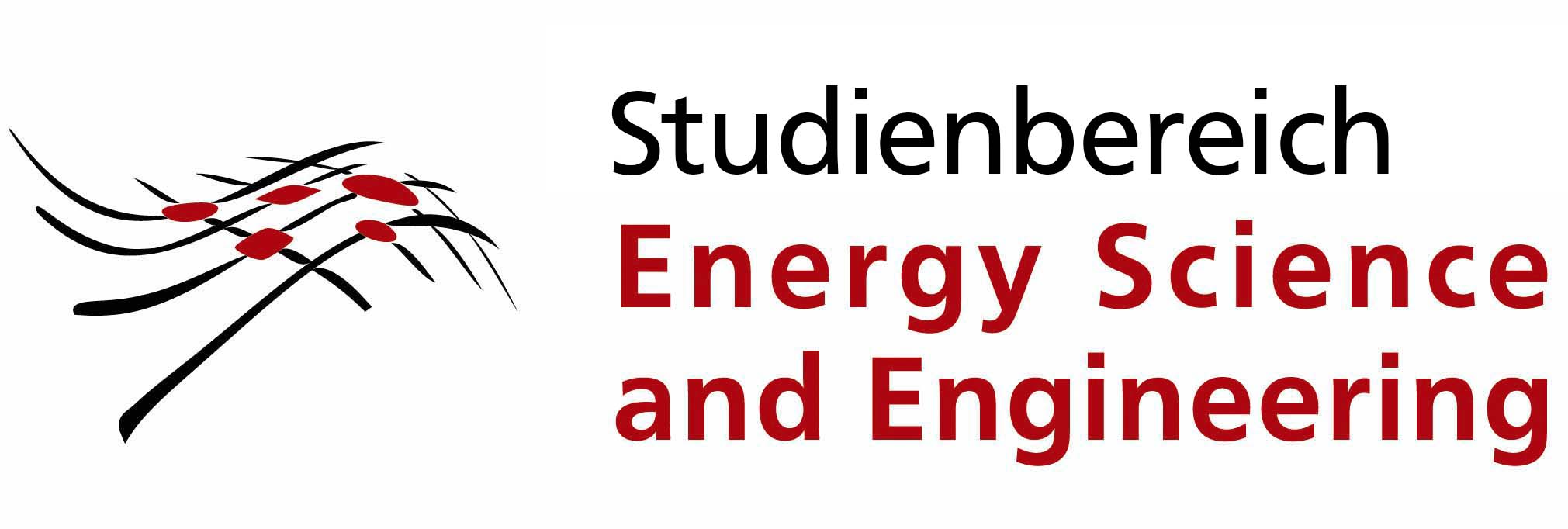Graduiertenschule Energy Science and Engineering

Undergraduate programmes related to energy
You want to actively shape the energy transition? Energy research combines many different scientific disciplines, including natural sciences, engineering, the humanities and social sciences.

Study energy
There are many ways to contribute to the energy transition and many undergraduate programmes at TU Darmstadt addressing energy topics from different angles. However, all these programmes have one thing in common: They are forward-looking, challenging and offer excellent career opportunities in the energy sector.
Buildings are an important aspect of this transitions and consequently of great interest to researchers investigating how best to insulate and refurbish buildings, their design, heat supply, lighting, including geothermal energy and urban planning.
Learn more about all this in the Bachelor's degree programmes:




Politics and regulation, various business models, burden sharing and also legal bases play an important role in society.
Learn more about all this in the Bachelor's degree programmes:
In industry, life cycle assessments etc. are analysed or carbon capture & storage are carried out.
Learn more about all this in the Bachelor's degree programmes:
Mechanical and Process Engineering




The energy transition is not possible without the use of regenerative materials. Batteries, magnets, solar cells, fuel cells, insulation materials and materials for fusion are researched.
Learn more about all this in the Bachelor's degree programmes:
The mobility of the future is based on the further development of electric cars, synthetic fuels, fuel cells, combustion processes and new mobility concepts.
Learn more about all this in the Bachelor's degree programmes:
Mechanical and Process Engineering




The area of networks includes electric power / heating and gas distribution networks, renewable energy systems, intelligent network operation and system stability, safety and security.
Learn more about all this in the Bachelor's degree programmes:
Electrical Engineering and Information Technology
Mechanical Engineering and Processes


